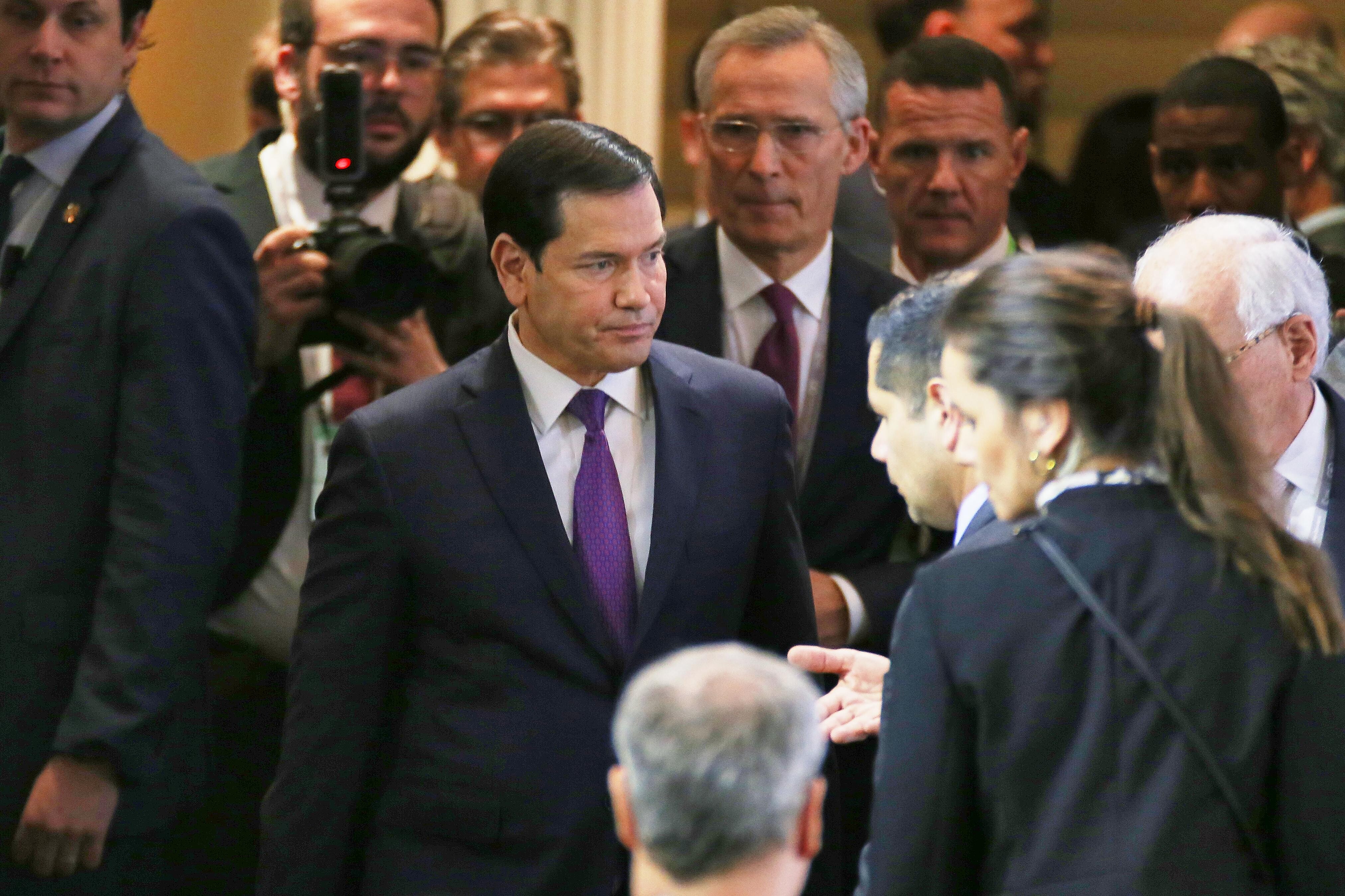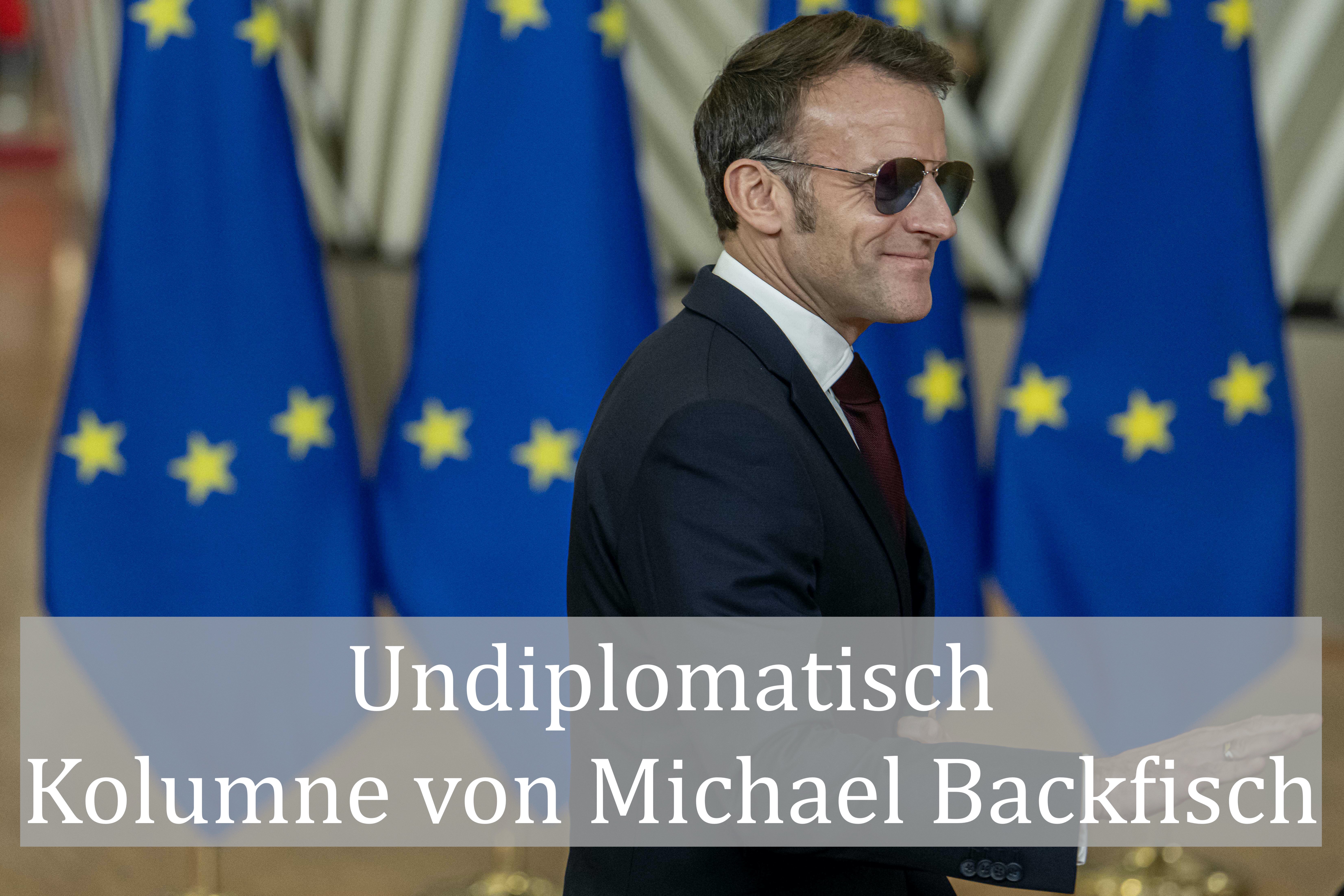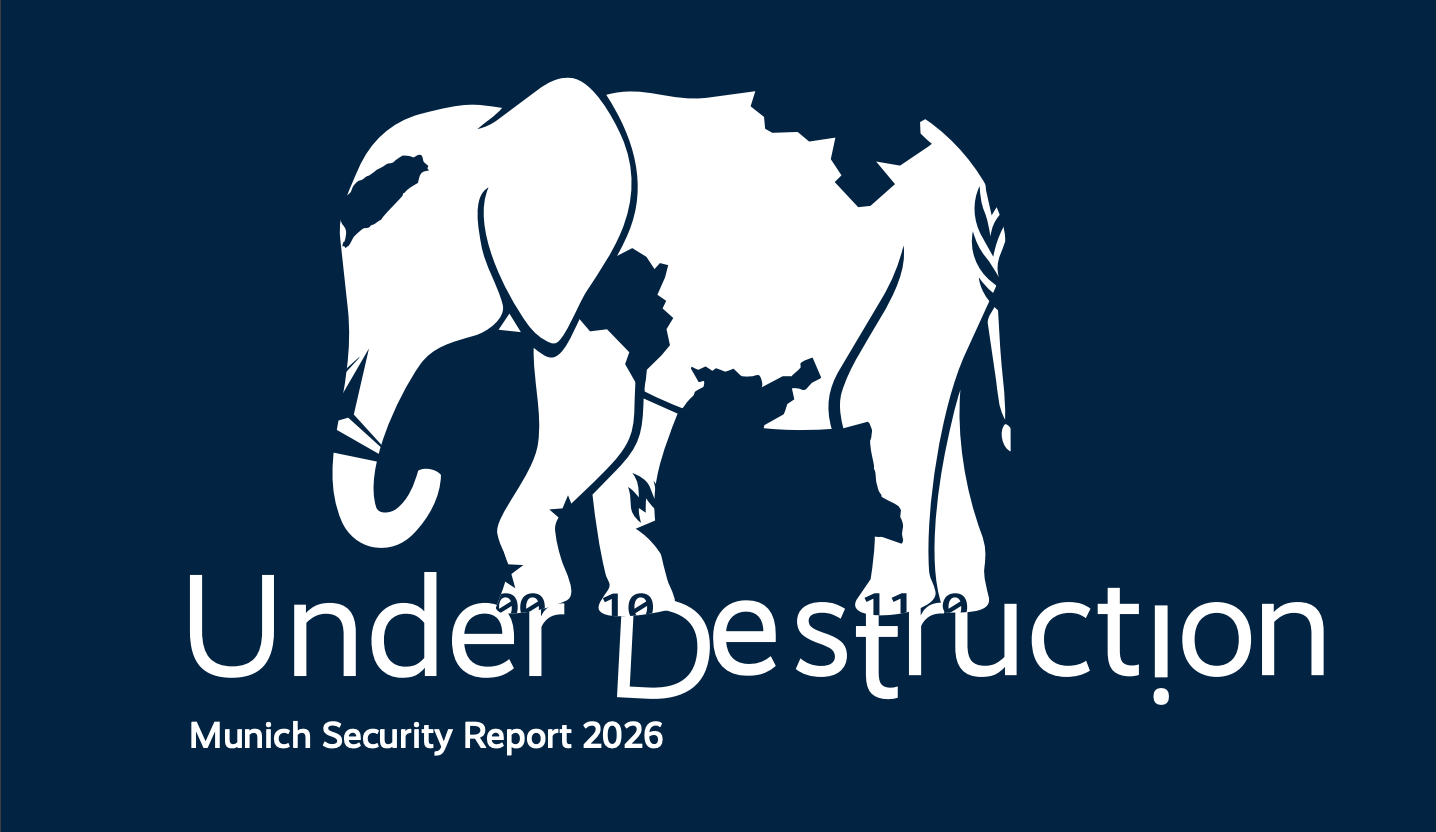diplo.news
Waiting for the sleeping giant Germany
By Michael Backfisch

Friedrich Merz (CDU) had made two major promises during the election campaign: “change of policy” and “change of mood.” The failure in the first round of the chancellor election makes it clear that both could be difficult. 18 members of the Bundestag from the black-and-red coalition who did not vote for Merz are a warning sign: Germany's head of government cannot rely entirely on a majority for his political guidelines. Even though Merz & Co. try to downplay the whole thing as a minor issue, tthe election setback has also dampened the psychologically important signal for a new beginning.
Europe had hoped that Germany would return to its old role as a political and economic anchor of stability as quickly as possible. In view of the cascade of crises and wars, this would be more necessary than ever: US President Donald Trump is turning away from Europe and threatening friend and foe with a tariff stick. There is no end in sight to the Ukraine war. Kremlin leader Vladimir Putin has trimmed his country's economy towards war production. A humanitarian disaster is raging in the Gaza Strip. The nuclear dispute with Iran can escalate dangerously. The conflict between China and Taiwan is a political time bomb.
After the inglorious end of the traffic light coalition, German foreign policy fell into a standby mode of minimalist business-like behaviour. Now the world is waiting for the sleeping giant Germany to wake up. Merz has set two important highlights, at least symbolically: The first foreign trips to France and Poland are the right thing to do because they connect two important poles in the EU.
At least it helps that there seems to be chemistry between Merz and French President Emmanuel Macron. For too long, Berlin has ignored Macron's — albeit occasionally somewhat overambitious — European initiatives. But in view of the bizarre rapprochement between Trump and Putin, the Franco-German alliance in the EU is absolutely necessary. Nevertheless, the Chancellor will have to learn the painful lesson that the labours of government are different from the euphonious announcements of the election campaigner.
Macron wants joint EU borrowing in order to advance European defence. However, the CDU is even less willing to do this than the SPD. In Paris, it is also expected that Germany under Merz - without the Greens in the coalition - will no longer oppose putting low-emission nuclear power on an equal footing with renewable energies. France has also so far blocked the trade agreement concluded by the EU with the South American Mercosur states. Among other things, the agreement is intended to facilitate the export of cars, machinery and pharmaceutical products, which would benefit German industry in particular. French agriculture, on the other hand, fears the import of cheaper meat, honey and soya from South America.
With a view to Poland, Merz is threatening a point of contention in migration policy. Just a few months ago, he had called for illegal immigrants to be turned back at the border. Polish Prime Minister Donald Tusk sharply criticised the plan.
In order to defuse these different interests and, at best, reconcile them, Merz must do a lot of persuasion. This requires the skill of the moderator and chief political campaigner on their own behalf. These are qualities that Merz did not have to show as an opposition politician, but which are essential in a government position. The seriousness of the geopolitical situation requires Germany to be able to act.




